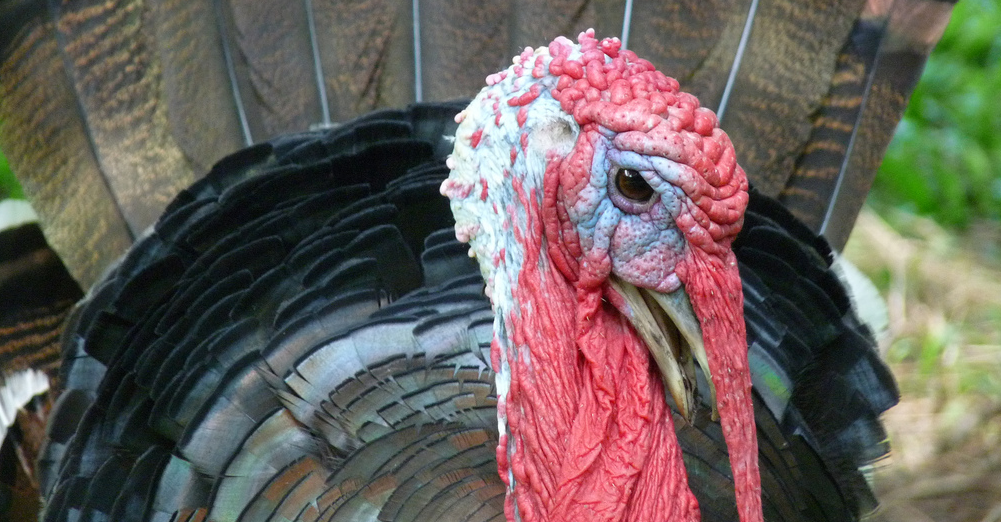Butterball Doesn’t Know Why Its Fresh Turkeys Aren’t Getting Big This Year

(jadavids)
Speaking to the AP about why his company won’t have a full supply of fresh, 16-plus pound birds available for this Thanksgiving, Butterball CEO Rod Brenneman said it’s a mystery for which he doesn’t yet have a solution.
“It’s a really good question. We don’t have an answer yet,” admitted Brenneman. “For whatever reason, they just didn’t gain quite as well this year.”
The fact that his birds didn’t get as plump as usual is curious, especially since Butterball is one of many poultry producers that feeds its animals medically unnecessary antibiotics to encourage growth (and maybe encourage the development and spread of some lovely drug-resistant superbugs). But even with these drugs, many of the turkeys failed to meet the 16-pound mark.
The skinny bird problem won’t affect the 85% of Butterball customers who get their birds frozen. The turkeys used for frozen birds were slaughtered and put on ice before this latest batch of birds stopped getting heavy.
For much of the year, Butterball produces turkeys that are frozen and stored until they’re ready to be sold for the holidays. But then in October and November, it shifts into production for fresh turkeys. And that’s when the company ran into problems with the turkeys not gaining enough weight, Brenneman said.
Whatever it is, not everyone is complaining about the lack of big birds.
“The weather was great, so the turkeys were a little bigger,” the global meat buyer for Whole Foods tells the AP.
While meat biggie Cargill says it’s never faced the issue of having too few fat turkeys for Thanksgiving.
Butterball won’t say how extensive the fresh turkey shortfall is, but the Big Y supermarket chain in Massachusetts told the AP that it had been told by the company that stores should only expect about 50% of the usual number this year.
Want more consumer news? Visit our parent organization, Consumer Reports, for the latest on scams, recalls, and other consumer issues.

